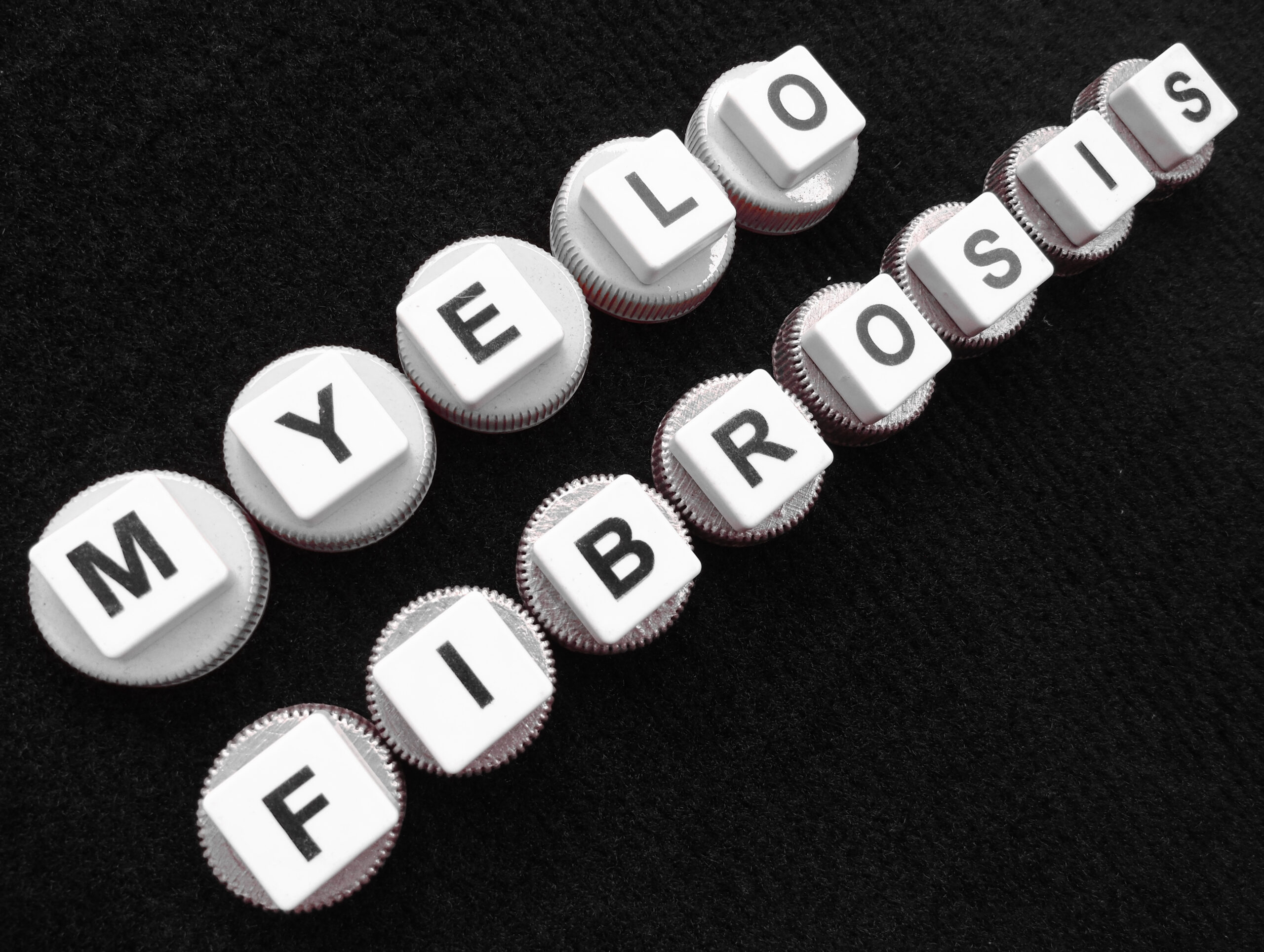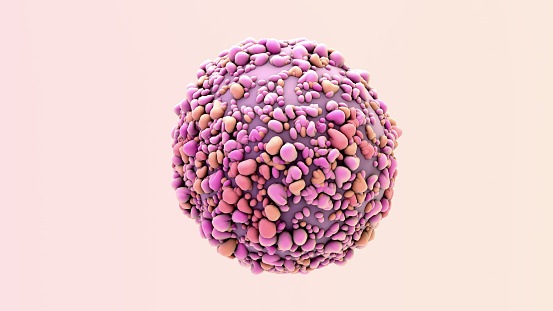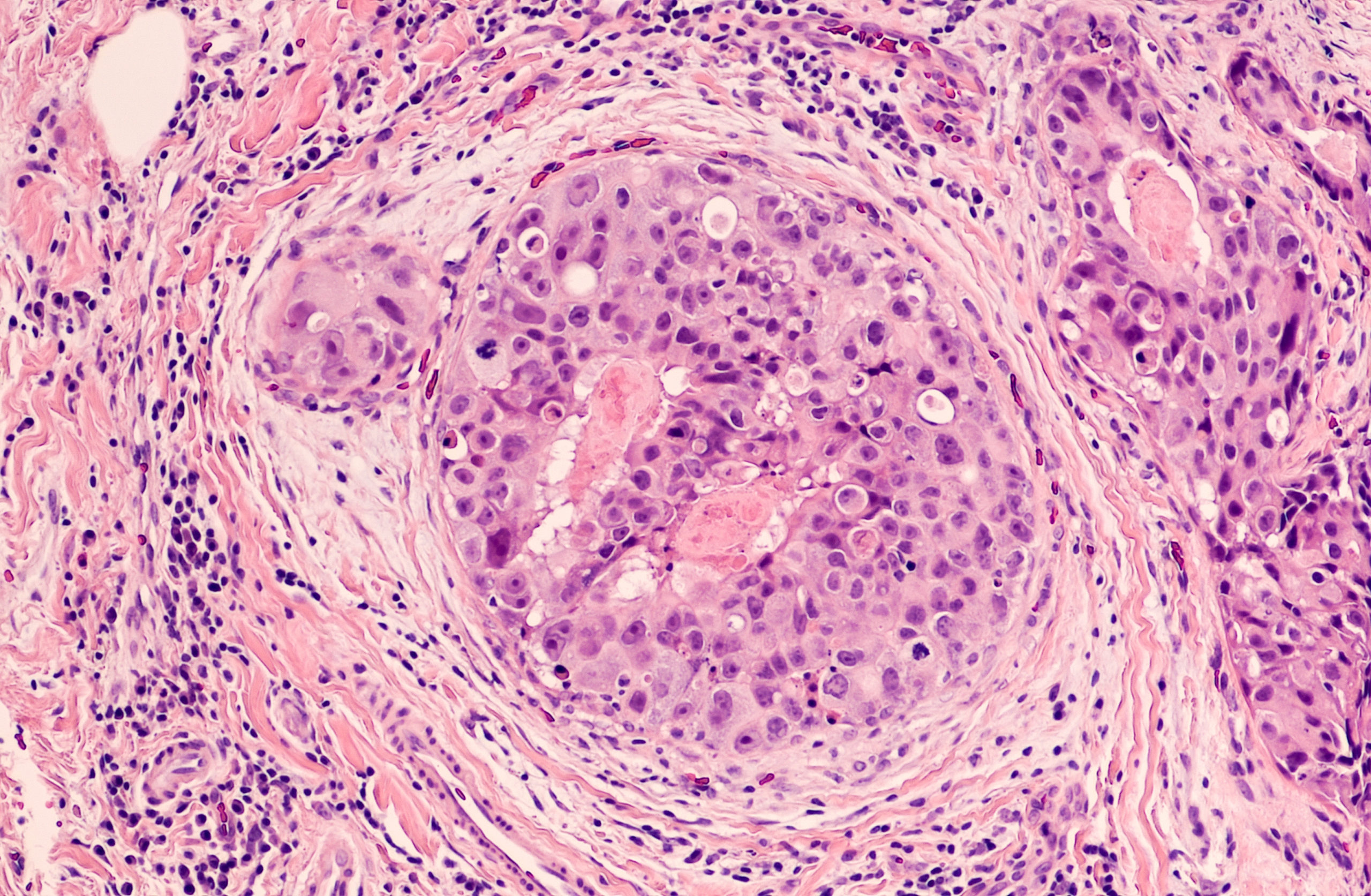
Clinical factors (hemoglobin and platelets), not molecular factors, are correlated with overall survival (OS) after allogeneic hematopoietic stem cell transplantation (HSCT) in patients with myelofibrosis (MF), according to a study that will be presented at the 65th ASH Annual Meeting & Exposition, which is taking place December 9-12 in San Diego, California.
For patients with MF, allogeneic HSCT remains the only potential curative therapy. “The contribution of disease-, patient- and donor-related factors to [allogeneic HSCT] outcomes remains to be fully elucidated, as well as the presence of somatic mutations in genes such as ASXL1, EZH2, SRSF2, U2AF1, and IDH1/2, which are associated with worse prognosis in MF patients,” the researchers noted.
This study consisted of nearly 500 patients who underwent allogeneic HSCT between 2002 and 2021 at 11 centers in North America and Canada. The investigators used univariate Cox proportional hazards regression analysis to analyze the link between OS and patient, transplant, and disease characteristics.
According to the findings, mutations in ASXL1, EZH2, IDH1/2, U2AF1, and SRSF2 were not correlated with reduced OS.
“In this large, multicenter analysis, only clinical variables, hemoglobin and platelets, were found to be associated with OS after [allogeneic HSCT] in MF patients,” the researchers concluded. These findings “highlight the importance of biologic factors in the prognostication of outcomes in [patients with MF] undergoing [allogeneic HSCT] independent of somatic mutations.”
Reference:
Ajufo H, Derkach A, Rampal R, et al. Clinical Factors but Not Somatic Mutations Predict for Survival in Patients with Myelofibrosis Undergoing Allogeneic Hematopoietic Cell Transplant: Analysis of the North American Myelofibrosis Transplant Outcome (NAMTO) Study. Abstract #3181. Presented at the 65th ASH Annual Meeting and Exposition; December 9-12, 2023; San Diego, California.







 © 2025 Mashup Media, LLC, a Formedics Property. All Rights Reserved.
© 2025 Mashup Media, LLC, a Formedics Property. All Rights Reserved.